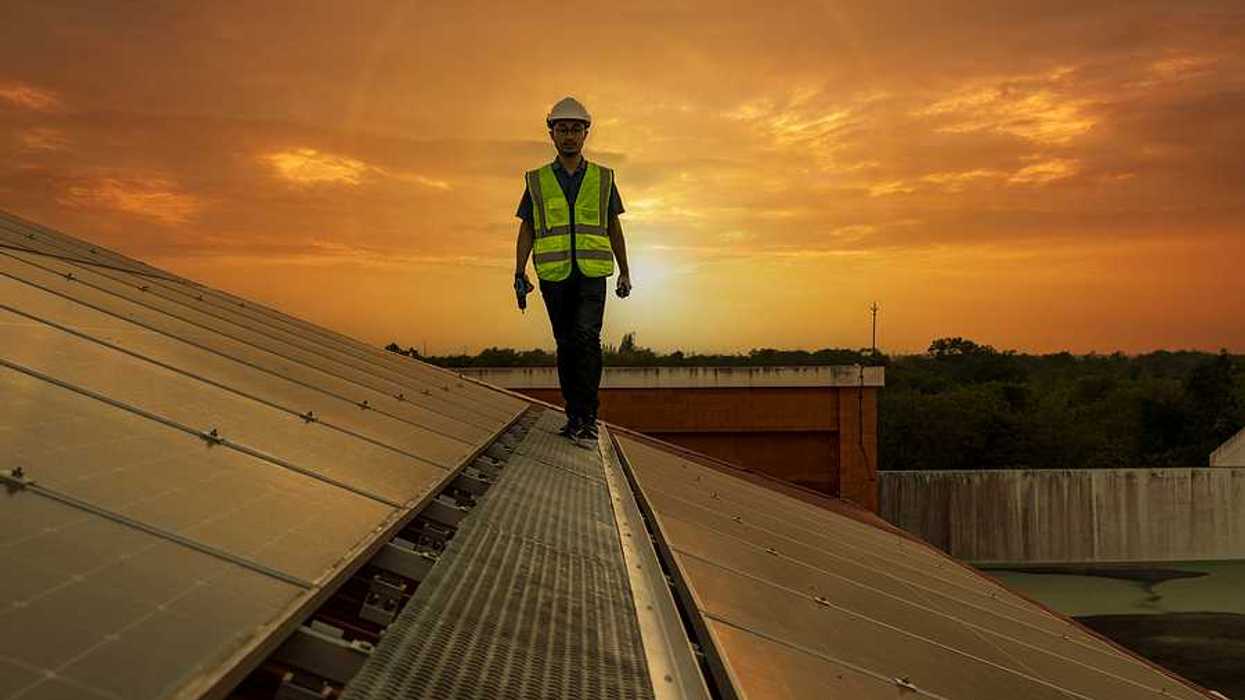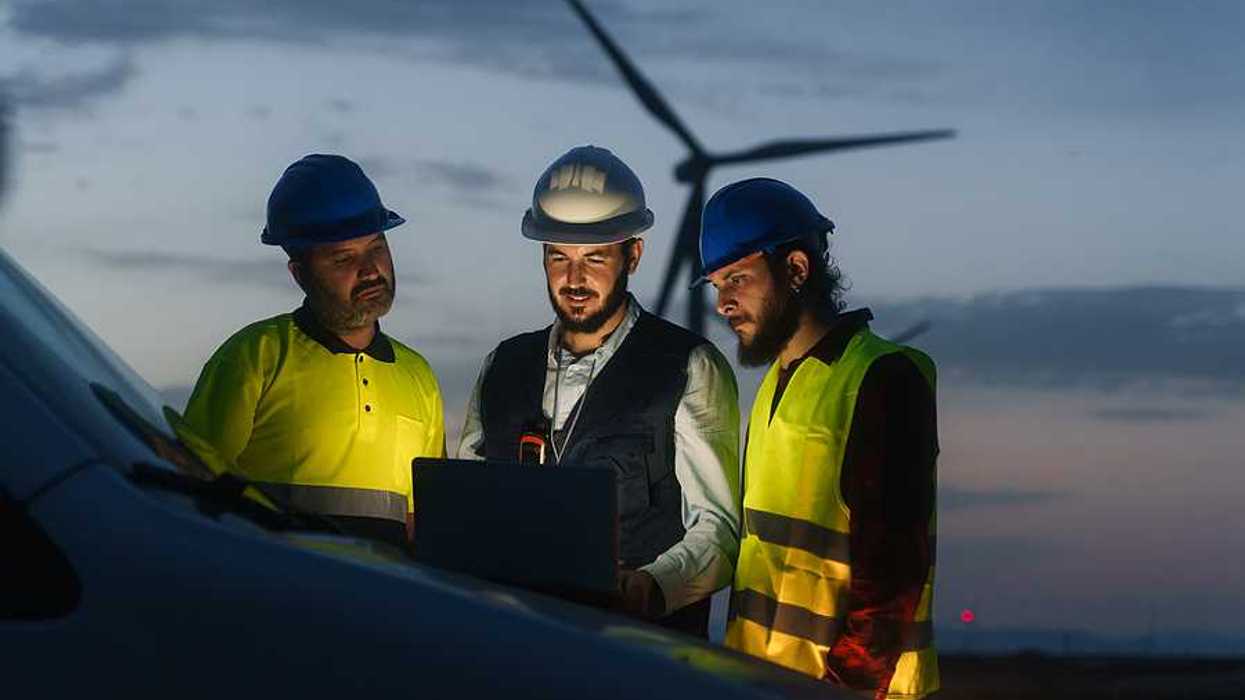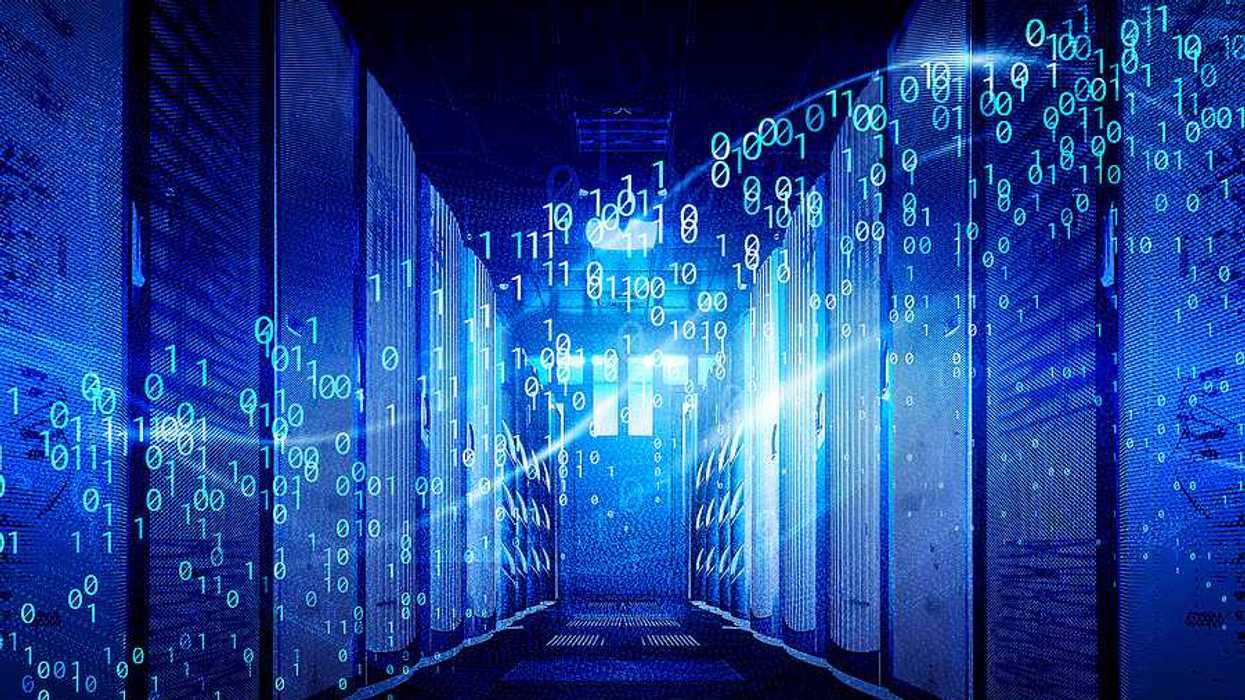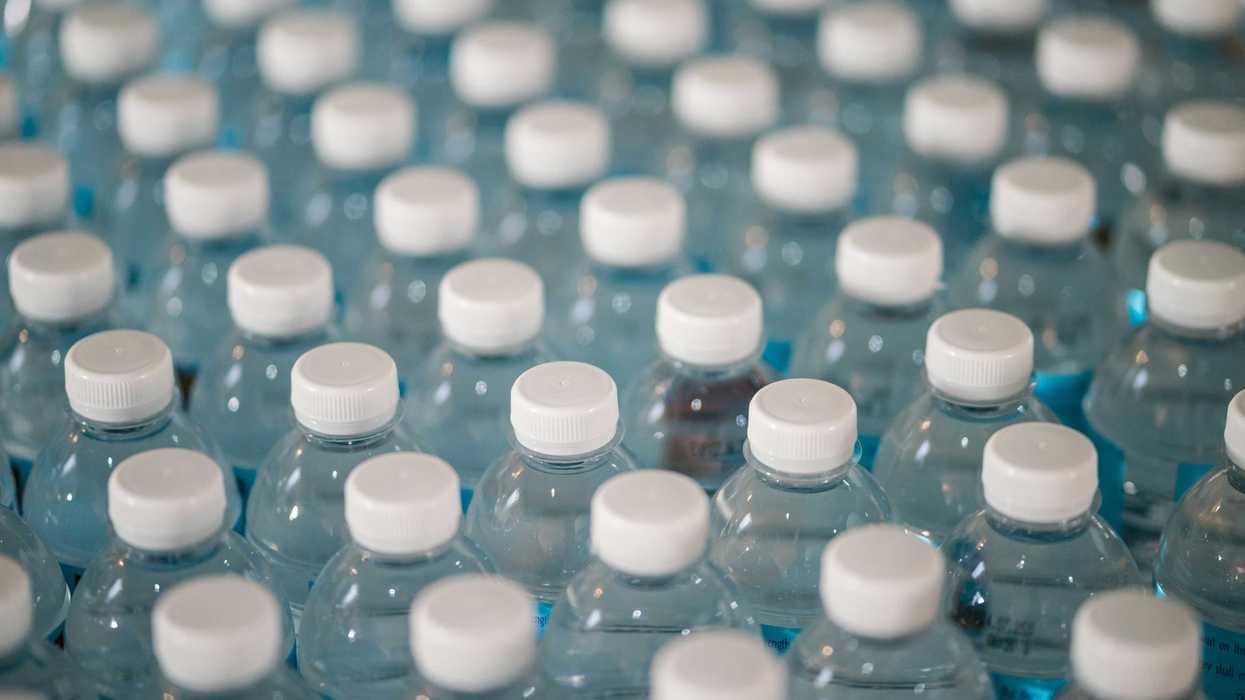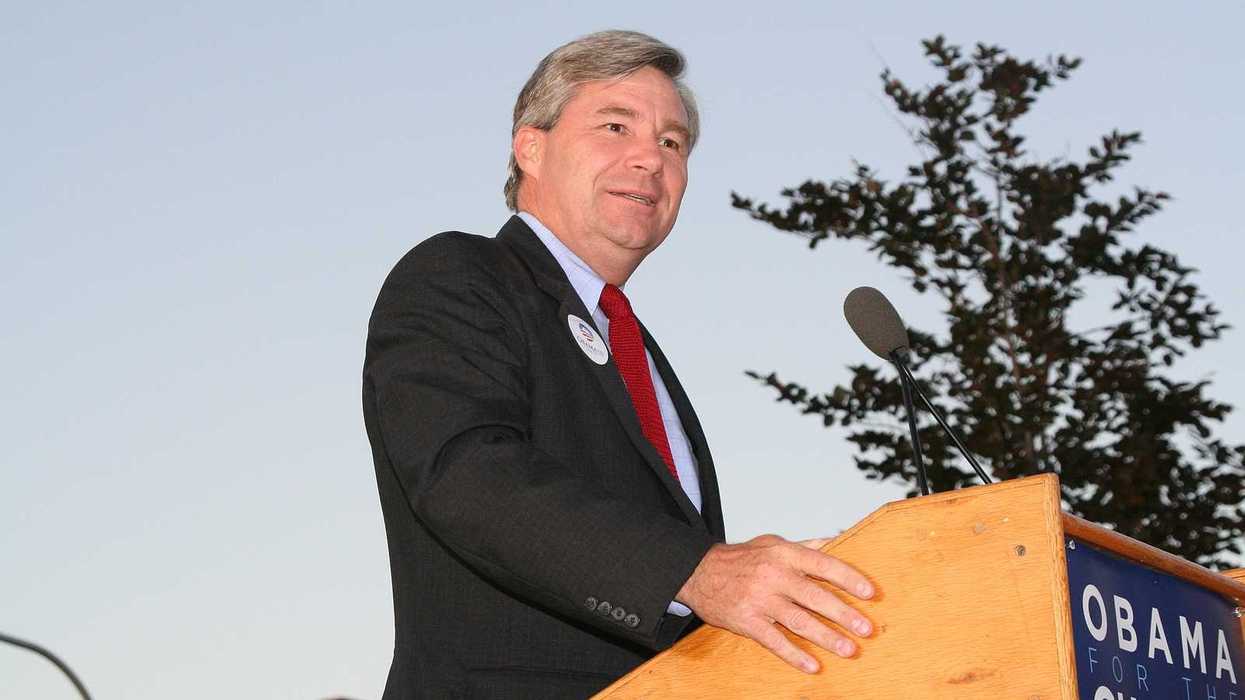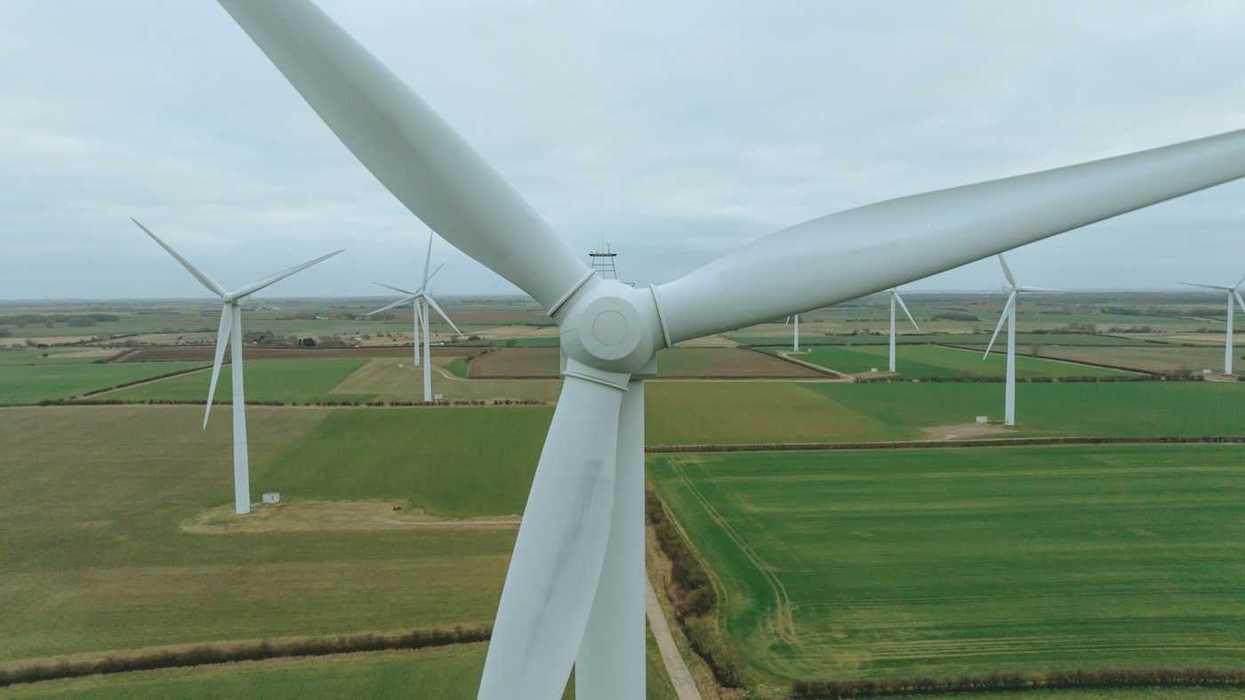A Memphis community contends that Elon Musk’s xAI supercomputer facility is worsening pollution and straining the local electric grid without offering benefits to residents.
Ivan Penn and Kate Conger report for The New York Times.
In short:
- Musk’s xAI supercomputer center, built at a former appliance factory, uses mobile natural gas power plants, drawing criticism from residents over added pollution.
- The Tennessee Valley Authority has yet to approve xAI's request to connect to the electric grid, raising concerns about long-term energy demands.
- Local activists argue the supercomputer center exacerbates pollution in an already overburdened area, citing lack of transparency and public engagement.
Key quote:
“There is a history of a lack of transparency, leaving us worse off than to start with.”
— KeShaun Pearson, president of Memphis Community Against Pollution
Why this matters:
Southwest Memphis, an area with high levels of industrial pollution, faces increased environmental and health risks from the supercomputer’s energy-intensive operations. Local opposition highlights broader issues as tech companies’ power needs collide with community health and environmental priorities.
Related: Tesla's turbulent shift: Can Musk power through the transition?


